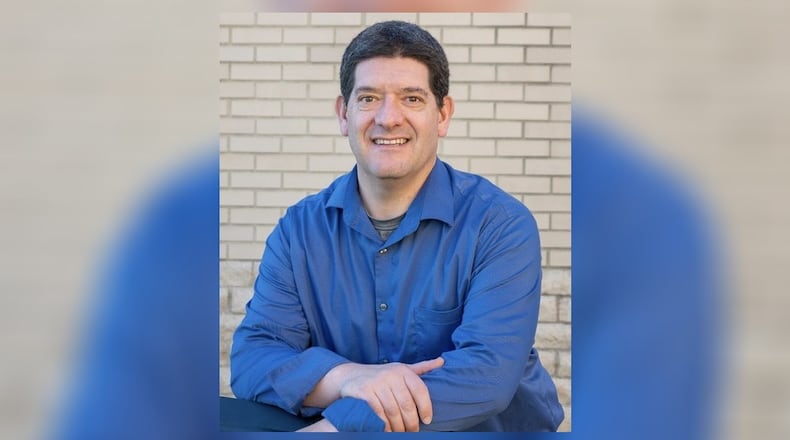This is not abstract. We know from history that the Holocaust did not begin with gas chambers — it began with words. With policies. With propaganda. Hate was normalized. Rights were slowly stripped away. Neighbors turned on neighbors. Genocide was not a sudden act; it was a methodical unraveling of humanity, step by chilling step.
As part of the Jewish Federation of Greater Dayton, our Jewish Community Relations Council (JCRC) plays a central role in educating and engaging our community. We do this work with the support of the Antisemitism Task Force, the Israel and Overseas Committee, and the Jewish Community Relations Advisory Board. Together, we strive to provide tools for critical conversations — about Israel, Zionism, hate, and justice.
Understanding Israel and Zionism today requires historical context and nuance. Zionism, simply put, is the belief in the Jewish people’s right to self-determination in their ancestral homeland. And yet, in some circles, the term has been twisted and weaponized. We must confront these misinterpretations with clarity and compassion, because too often, demonizing Israel becomes a mask for antisemitism.
In our work, we are not alone. The Anti-Defamation League (ADL) provides essential data, resources, and regional leadership that help communities like ours understand the state of hate in America — across all marginalized groups. Their research and advocacy remind us that antisemitism is often a leading indicator of broader societal decline.
Through the JCRC, I have had the privilege to participate in lecture series, faculty development for junior high and high schools, interfaith dialogues, college forums, police academy trainings, and gatherings at local houses of worship. These opportunities reinforce a fundamental truth: when we engage beyond the Jewish community, we don’t just teach others about who we are—we learn who they are. And in doing so, we build bridges of trust, empathy, and resilience.
This brings me to the concept of the Upstander.
To be an Upstander means to step up when others step back. It means standing with someone, especially when they are part of a community you yourself do not belong to. The term echoes the legacy of the Righteous Among the Nations — non-Jews who risked everything to save Jewish lives during the Holocaust. But being an Upstander is not reserved for history. It is a calling for today.
Upstanders reject the role of the bystander. They speak out against injustice, bigotry, and hate — whether the target is Jewish, Black, Muslim, LGBTQ+, Asian American, or any other marginalized identity. In today’s fractured world, choosing to be an Upstander is one of the most powerful and human acts we can commit.
We need more Upstanders.
We need educators, clergy, neighbors, students, and leaders to learn about antisemitism not as an isolated issue, but as part of the broader fight for dignity and human rights. And we need the Jewish community to continue showing up for others too — because solidarity is not a one-way street.
To learn more about how to get involved with the Greater Dayton Upstander Project, email me at jblumer@jfgd.net.
Hate thrives in silence and ignorance. But hope flourishes in understanding, compassion, and courage.
Let us choose to be Upstanders. For each other. For the truth. For the future we all deserve.
Jeff Blumer is the director of the Jewish Community Relations Council of the Jewish Federation of Greater Dayton.
About the Author

